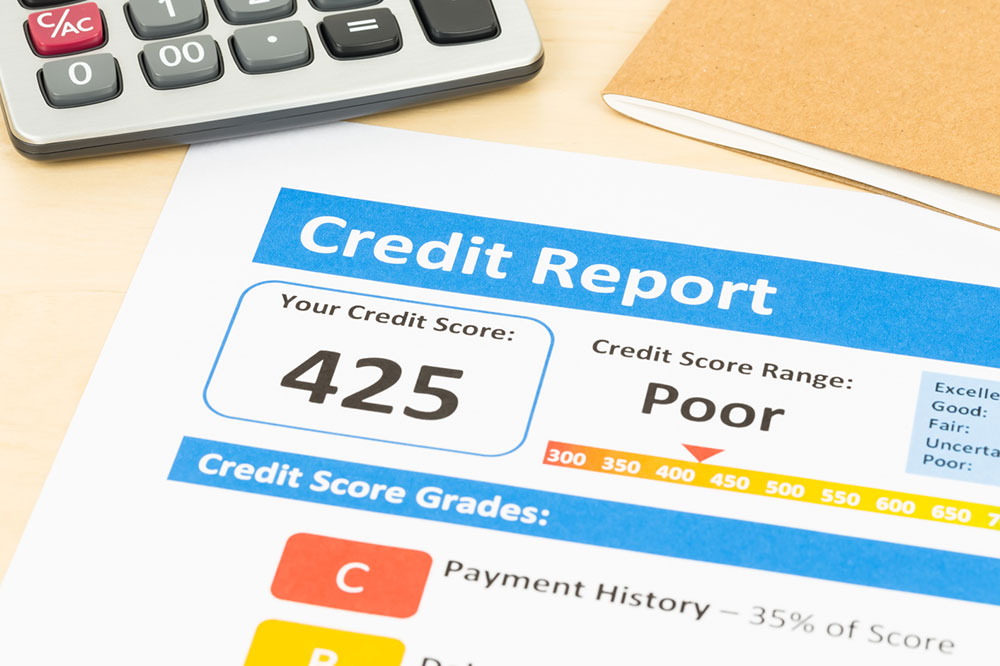
Financial Habits that Negatively Affect a Credit Score
A lot of people do not pay enough attention to their credit scores as they ought to. They go on spending without thinking about how it would affect their credit score, and even if they did, they do not know what causes the downfall of their scores.
Let us take a look at why these financial habits are dropping your credit score:
- Missing out on a payment
Delaying your payment is bad, but it is nothing like completely missing out on a payment. When you do not pay your debt, it gets charged off. This means that it ultimately gets turned over to a collection agency. Recovering from a charged-off account is a lot more complicated than paying your debt with a delay. This is because the record of your negative activity stays on for seven years. - Delaying your payment
Let’s be honest; we all get late on a payment on a few occasions. Nobody’s perfect, and hectic schedules cause us to forget deadlines once in a while. When you are late on a payment by one day, immediately realize your delay and clear off the payment; it is not such a big deal. But if you are, let’s say, 30 days late, this would result in a report being registered with the credit agencies. This would negatively affect your credit score, so you should avoid missing out on your payments. - Completely emptying your credit card
Credit utilization is the amount you have in your credit, which you can use. To understand better, let’s assume you have a credit card with a $30,000 limit, and you only use $7,500 out of that amount. This means that your credit utilization is 25% of your total credit. You should never utilize more than your credit, which would happen when you completely drain your credit card, as this would lead to your credit score getting affected. - Letting your loan default
It is normal for everyone to take loans, for instance, student loans or home loans. Many people face problems when it comes to repaying the monthly installments of their loans. Once they stop paying their EMIs regularly, they default on their loan. This affects their credit scores by huge margins. Getting a default on your home loan could knock off about 200 points, whereas declaring bankruptcy can bring down credit scores by 250 points. Bankruptcy takes a lot of time to clear and can stay on your credit score for as long as ten years. This is why you should always contact your loan servicer to figure out alternatives if you cannot clear your loan.
These financial habits are dropping your credit score, so make sure you keep them in mind going forward.



